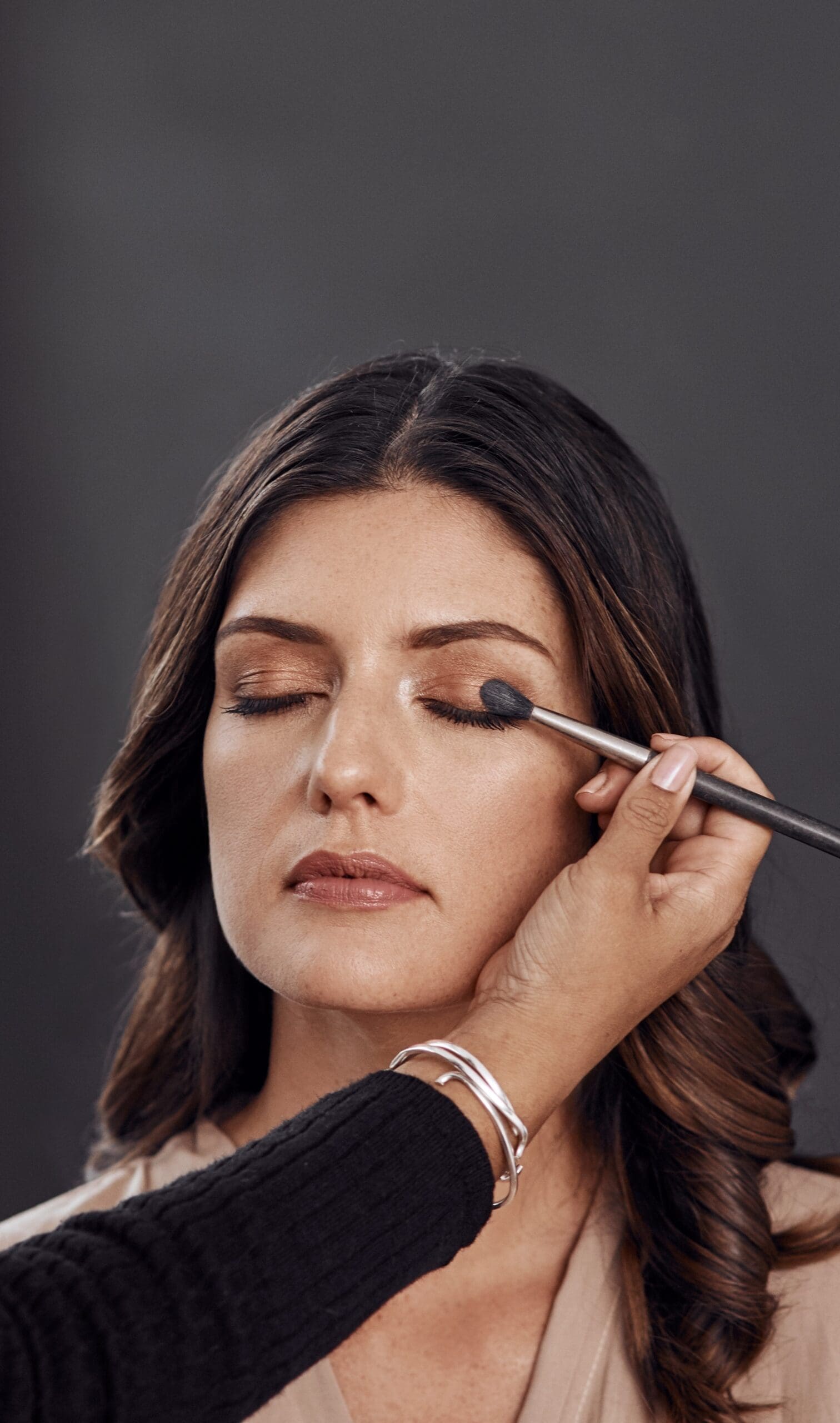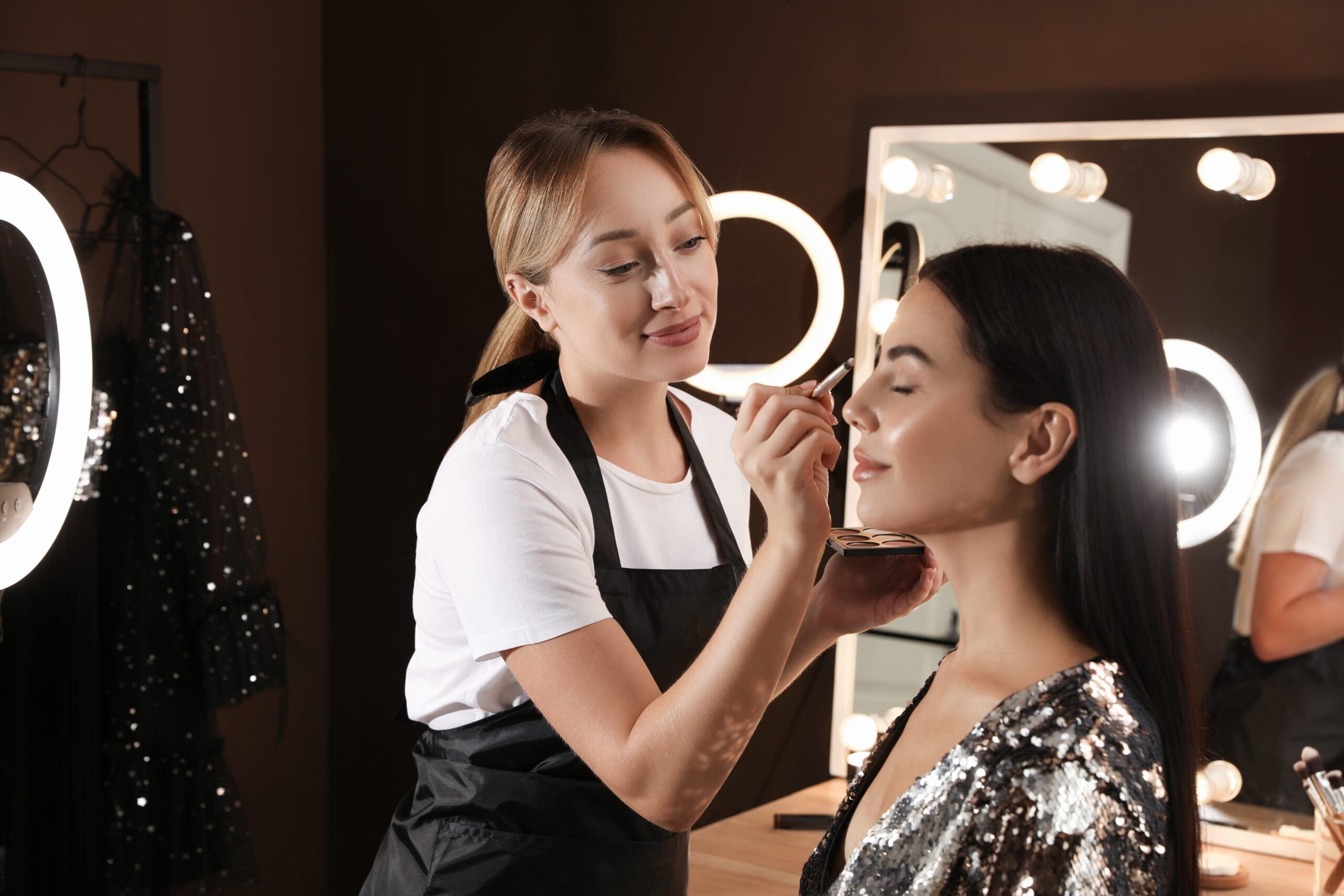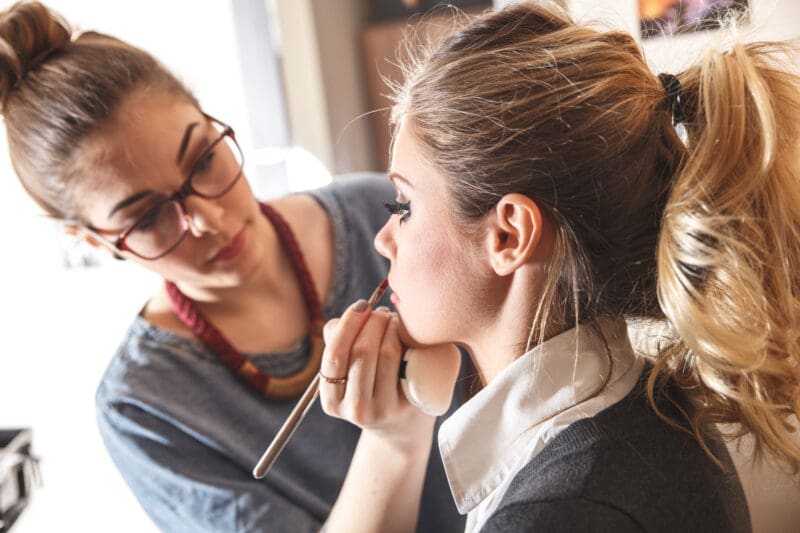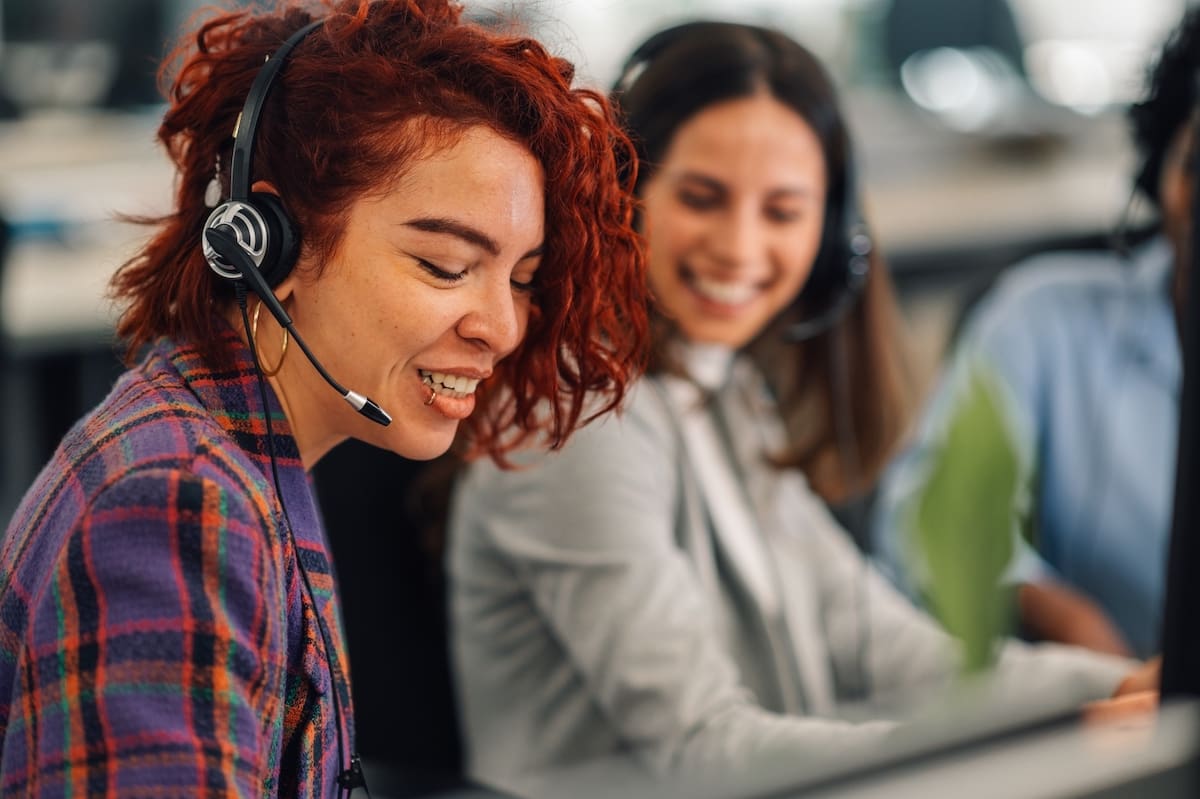What qualifications do I need to be a Makeup Artist?
Everything you need to know about qualifications to become a Makeup Artist
Embarking on a journey to become a makeup artist is an exciting and rewarding path that offers both creativity and flexibility. In today’s beauty industry, makeup artistry has evolved into a thriving profession with endless opportunities. Whether you’re passionate about fashion, film, bridal beauty, or editorial work, the skills you acquire as a makeup artist can open doors to diverse career avenues.
As you delve into the world of makeup artistry, you’ll discover that it is not just about applying cosmetics; it’s about enhancing natural beauty and expressing individuality through colour and technique. With dedication and practice, you can master the art of transforming faces while building a fulfilling career that allows you to set your own pace.
Investing in quality training will equip you with essential skills such as understanding skin types, mastering different application techniques, and staying updated with the latest trends. Moreover, building a strong portfolio will be crucial in showcasing your talent to potential clients or employers.
In essence, becoming a makeup artist offers more than just professional growth – it provides an opportunity to inspire confidence in others while doing what you love. So why wait? Dive into this vibrant industry where creativity knows no bounds!
In this Makeup Artist qualifications guide
Qualifications to be a Makeup Artist
Becoming a makeup artist is more than just an interest in cosmetics; it’s about honing a craft that combines creativity with technical skill. If you’re passionate about transforming faces and enhancing natural beauty, the path to becoming a professional makeup artist might be your calling. The journey involves acquiring specific qualifications and mastering techniques that set you apart in this competitive industry.
Whether you dream of working in film, fashion, or bridal makeup, having the right qualifications is essential. Not only do they provide you with the necessary skills, but they also build your credibility as an expert in the field. From understanding skin types to mastering the art of contouring and blending, each aspect of your training will equip you to meet diverse client needs with confidence.
Moreover, formal training can open doors to networking opportunities and industry insights that self-taught artists might miss out on. With dedication and the right qualifications under your belt, you’ll be well-prepared to make a mark as a sought-after makeup artist.
What qualifications are needed to be a Makeup Artist?
Level 2 Makeup Artist Qualifications
To thrive as a makeup artist in the UK, understanding the qualifications and roles at each level is crucial. Beginning with Level 2, aspiring artists typically pursue a Level 2 Diploma in Beauty Therapy or Makeup Artistry. This foundational qualification introduces essential skills such as basic makeup application techniques, client care, and health and safety practices. At this stage, one can expect to work under supervision in salons or retail environments, honing their craft through hands-on experience.
Level 3 Makeup Artist Qualifications
Progressing to Level 3 involves deeper expertise with a Level 3 Diploma in Theatrical, Special Effects and Hair and Media Makeup. This advanced qualification equips artists with specialised skills necessary for more creative roles in film, television, or theatre settings. Artists at this level are expected to demonstrate proficiency in complex makeup techniques while working more independently on sophisticated projects.
Level 4 Makeup Artist Qualifications
For those aiming for the pinnacle of the industry, a Level 4 Certificate or Diploma offers comprehensive knowledge of advanced techniques such as cosmetic camouflage and permanent makeup applications. At this tier, professionals often take on leadership roles within teams or manage their own businesses. They are expected to possess not only technical excellence but also strong business acumen to thrive in competitive markets.
Each step up the ladder not only enhances skillsets but also broadens career opportunities within the vibrant world of makeup artistry.

Professional bodies for a Makeup Artist
When embarking on a career as a makeup artist, joining professional bodies can significantly enhance your credibility and open doors to numerous opportunities. These organisations not only provide valuable resources and networking opportunities but also offer a platform for continuous learning and professional development.
One of the foremost professional bodies in the UK is the British Association of Beauty Therapy & Cosmetology (BABTAC). Membership with BABTAC assures clients of your commitment to high standards and keeps you informed about industry trends and regulations. Additionally, being part of the Association of Professional Makeup Artists (APMA) can connect you with like-minded professionals, providing access to exclusive workshops, events, and potential job leads.
Moreover, the Guild of Professional Beauty Therapists offers another excellent opportunity to bolster your credentials. As a member, you’ll receive support through comprehensive insurance options tailored for beauty professionals. This membership is an investment in your career that can distinguish you in a competitive market.
In conclusion, aligning yourself with these respected organisations not only enhances your skills but also boosts client confidence in your services. Joining such bodies is an essential step for any makeup artist serious about advancing their career in this dynamic field.
Training fees to become a Makeup Artist
When considering a career as a makeup artist, understanding the financial investment required for training is crucial. The cost of training fees varies depending on the level of qualification you pursue, ranging from Level 2 to Level 4.
Starting with Level 2 courses, these are often the most affordable and provide a solid foundation in basic makeup techniques. Fees for these introductory courses typically range from £500 to £1,500. They cover essential skills such as skincare preparation and day-to-night makeup looks.
As you progress to Level 3 qualifications, expect to delve deeper into more advanced techniques. These courses usually cost between £1,000 and £3,000. At this level, you’ll learn about fashion and photographic makeup applications and gain insights into working with different skin types and tones.
Finally, Level 4 courses are designed for those aspiring to reach expert status in their field. These comprehensive programmes can range from £2,000 to over £5,000 but offer specialised training that covers everything from theatrical makeup to prosthetics. Investing in a Level 4 qualification not only enhances your skill set but also significantly boosts your employability in competitive markets.
While these costs may seem substantial at first glance, consider them an investment in your future career as a professional makeup artist. The expertise gained through each level can open doors to various opportunities within the beauty industry – from freelance work to positions with top cosmetic brands – making it well worth every penny spent on your education.

Getting experience to be a Makeup Artist
Aspiring to become a makeup artist is an exciting journey, filled with creativity and the potential to transform not just faces, but lives. However, gaining the necessary experience can often seem daunting. The key lies in actively seeking opportunities that will hone your skills and expand your portfolio.
Start by offering your services for free or at a reduced rate at local events, such as weddings or school plays. This not only provides hands-on experience but also helps build a network of satisfied clients who can offer valuable referrals. Additionally, consider volunteering at fashion shows or theatre productions; these environments are perfect for learning under pressure and experimenting with different styles.
Another effective way to gain experience is through social media platforms. Create an online portfolio showcasing your work and engage with other makeup artists to learn new techniques. Platforms like Instagram are fantastic for this purpose – allowing you to reach a wider audience while receiving feedback from peers and potential clients.
Attending workshops and courses led by industry professionals can also provide invaluable insights into the latest trends and techniques. These educational experiences not only enhance your skills but also demonstrate commitment to your craft – a quality highly regarded by employers in the beauty industry.
By taking these proactive steps, you’ll be well on your way towards establishing yourself as a skilled makeup artist ready to make their mark in the world of beauty.



